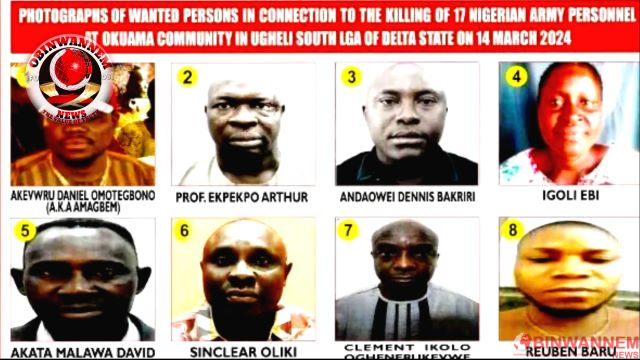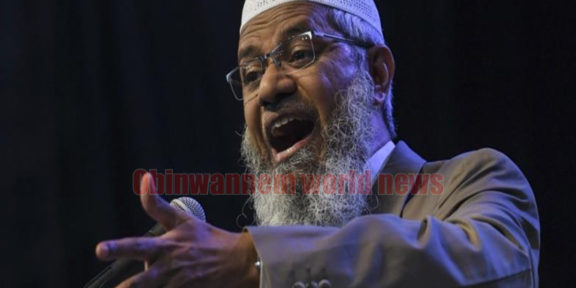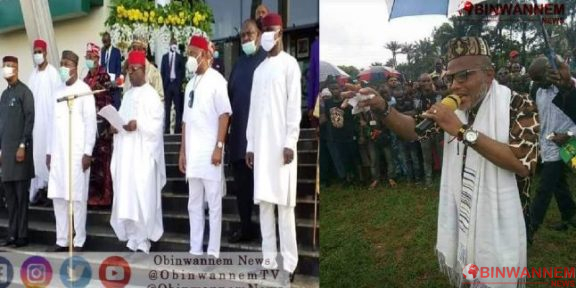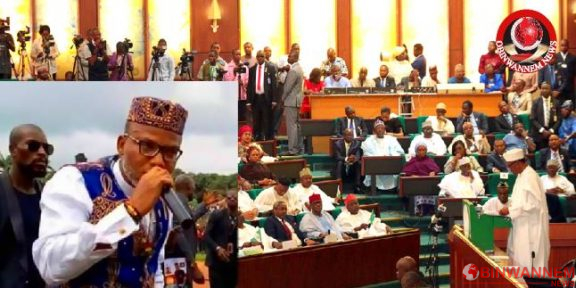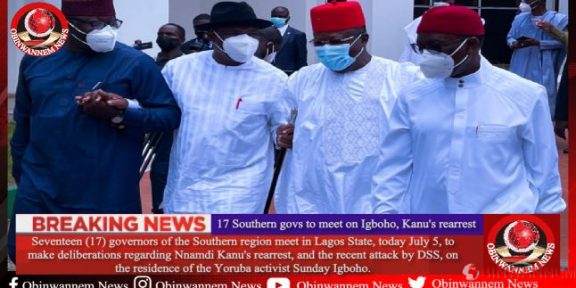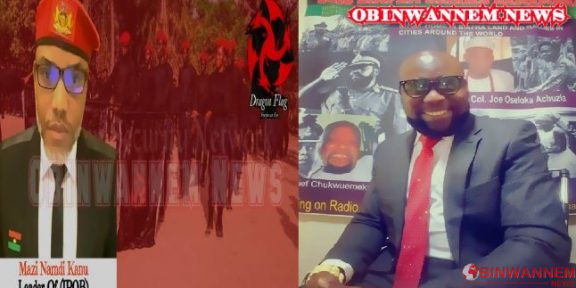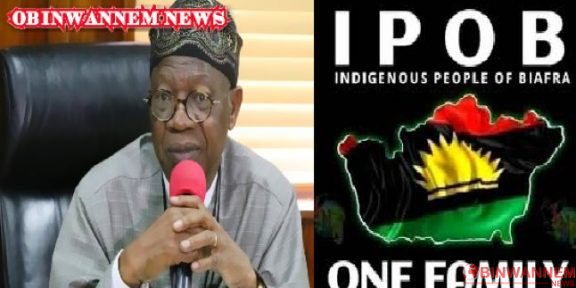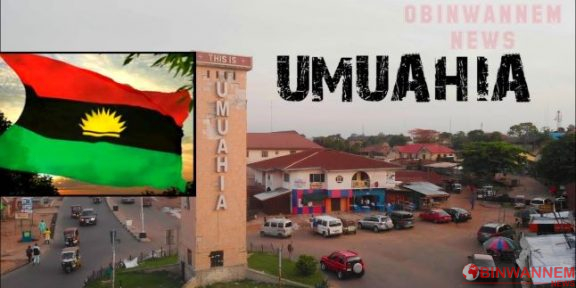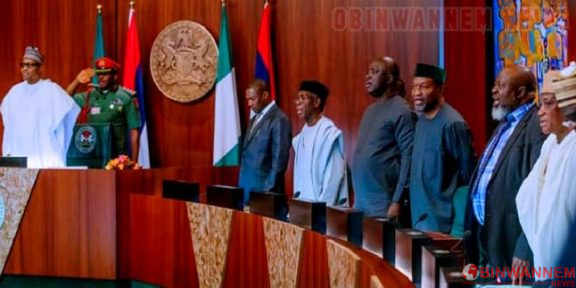The tragic incident in Delta State, where soldiers were killed, has sparked a broad discussion on the operational protocols and the foundational principles guiding the deployment and conduct of military personnel within Nigeria. This occurrence not only highlights the inherent risks soldiers face in volatile regions but also raises pertinent questions about adherence to the established acts governing the Nigerian Armed Forces and their rules of engagement.
The critique of the soldiers’ deployment, suggesting a deviation from standard procedures, implies a systemic oversight or a potential lapse in the chain of command. Military operations, especially within the country’s borders, are expected to be conducted with the utmost respect for legal and ethical standards, ensuring that the use of force is both proportionate and necessary. The incident in Delta State, therefore, underscores the critical need for a review of how deployments are decided and executed, ensuring that they comply strictly with the law.
The aftermath of the attack on the soldiers, marked by retaliatory actions that allegedly affected innocent civilians, further complicates the narrative. It brings to the forefront the importance of distinguishing between combatants and non-combatants in conflict zones, a principle that is fundamental to both Nigerian law and international humanitarian law. The reported actions, if verified, would not only tarnish the image of the Nigerian Army but could also erode trust between the military and the communities they are meant to protect.
The call for the Senator representing the affected zone to initiate a motion for investigation by the National Assembly (NASS) is a step towards accountability and transparency. It is an acknowledgement that any action leading to unnecessary loss of life, especially of civilians, must be thoroughly examined. This process is vital in ensuring that those affected are accorded justice and that measures are taken to prevent a recurrence.
Moreover, this incident is a grim reminder of the complexities and dangers of military engagements in restive regions. It emphasizes the need for a balanced approach that prioritizes the safety of security personnel while ensuring that the rights and well-being of the civilian population are protected. The principle that no Nigerian is more Nigerian than another serves as a poignant reminder of the shared destiny and mutual respect that should guide the nation’s actions.
In conclusion, the Delta State incident is a sombre marker of the challenges facing Nigeria’s armed forces and the communities they engage with. It calls for reflective and corrective action from the highest levels of governance and military leadership, aiming to uphold the highest standards of conduct and protect the rights and lives of all Nigerians.


